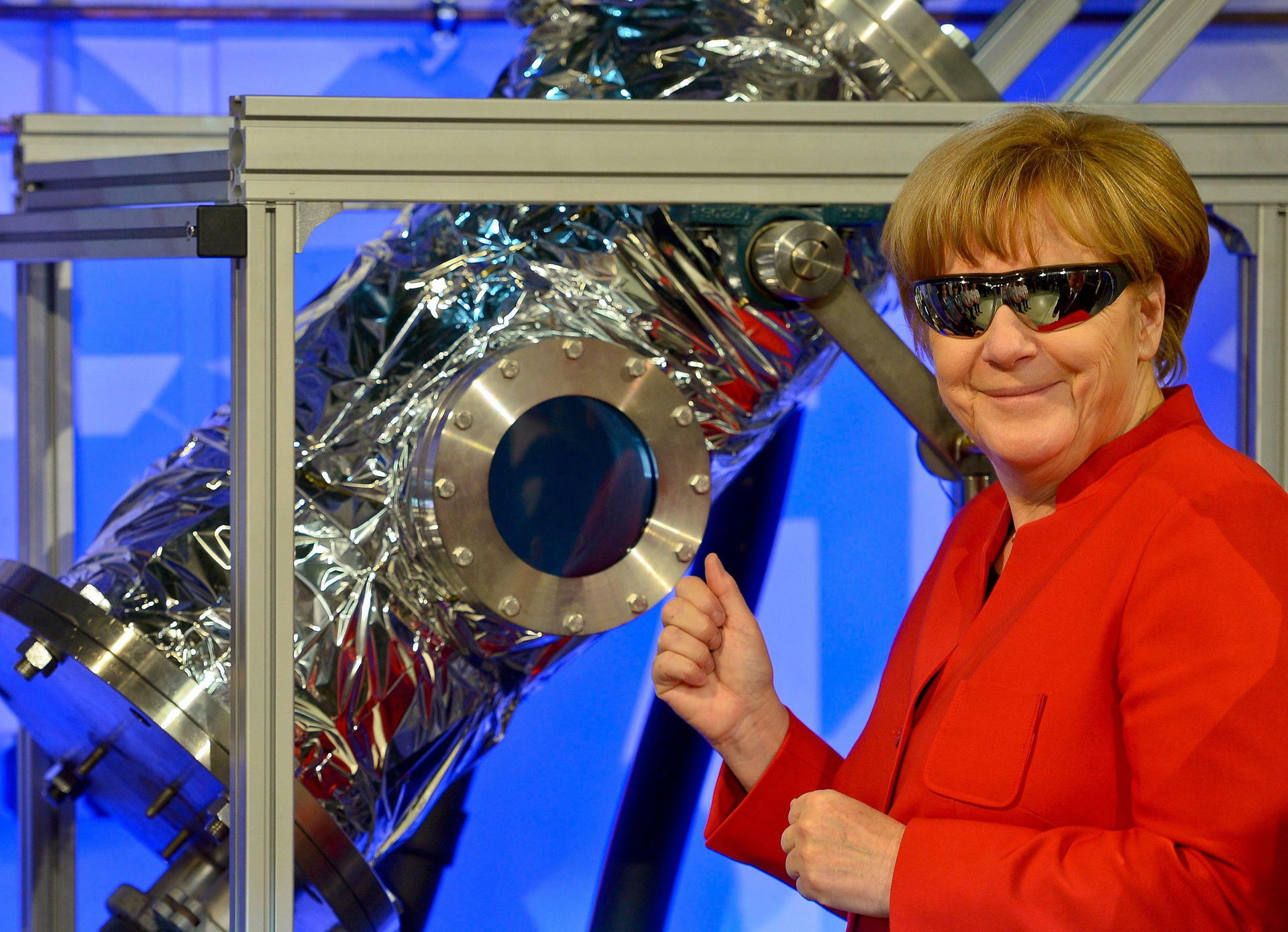A lack of investment in digitalization hinders innovation
Resting on your laurels is a trait that is almost instantly penalized in business. In the German economy, some industries have long been considered a source of innovation that contributed to new standards.
Germany is currently about to lose this innovative strength and thus endanger the economy of the future. As an exporting nation, it is important to keep the interest in German goods and services high.
For many buyers of these goods, it is also not necessarily important to purchase only one German product. If the innovative strength in Asian countries continues to pick up speed, today’s customers will migrate there without a guilty conscience.
A quick change of course, on the other hand, appears to be more than unlikely, given the hesitant investments in the digital future. It therefore remains to be seen when the majority of the economy itself will be able to correctly interpret the clearly recognizable signs.
Germany is no longer in one of the top international spots
The times when the German economy produced innovations as if on an assembly line are in part a thing of the past. In an international comparison, Germany is no longer able to secure one of the top three places as a matter of course.
This development also has other effects. Innovations cannot simply be conjured up out of a hat. Ingenuity and research are also essential for this. In recent years, the same level of vigor has not necessarily been felt in these points as in previous decades.
In an age in which people are familiar with the fact that everyday life and life change noticeably again and again, a standstill in innovation can hardly be tolerated in society.
The backlog of digitalization also has an impact on the recruitment of employees
Another effect of too hesitant action within the economy can be seen in the shortage of skilled workers that has been denounced for years. Attracting experts in IT technology and other sought-after professions to Germany is no longer as easy as it was at the beginning of the new millennium.
Skilled workers from Germany are also much quicker ready to seize international opportunities that are available to them. In the competition for skilled workers, German companies are sometimes still too inflexible.
The opportunity to work for a German company without spending time in an office from 9 a.m. to 5 p.m. is far from being offered everywhere.
While start-ups are setting a good example, they can only improve the landscape for employees to a very small extent.
The time to act is no longer in the future
In the minds of entrepreneurs, the status quo is often the most important consideration. Future-oriented action, on the other hand, takes second place.
If problems arise because a company has missed the boat, simply removing the cause is no longer an option. Although digitalization appears to be a future concept, the digital world of work has already become a reality in the economy.
At this point, politicians are also called upon to wake up the muted economy and create incentives in order to be able to reconnect with the innovative strength of past years.


